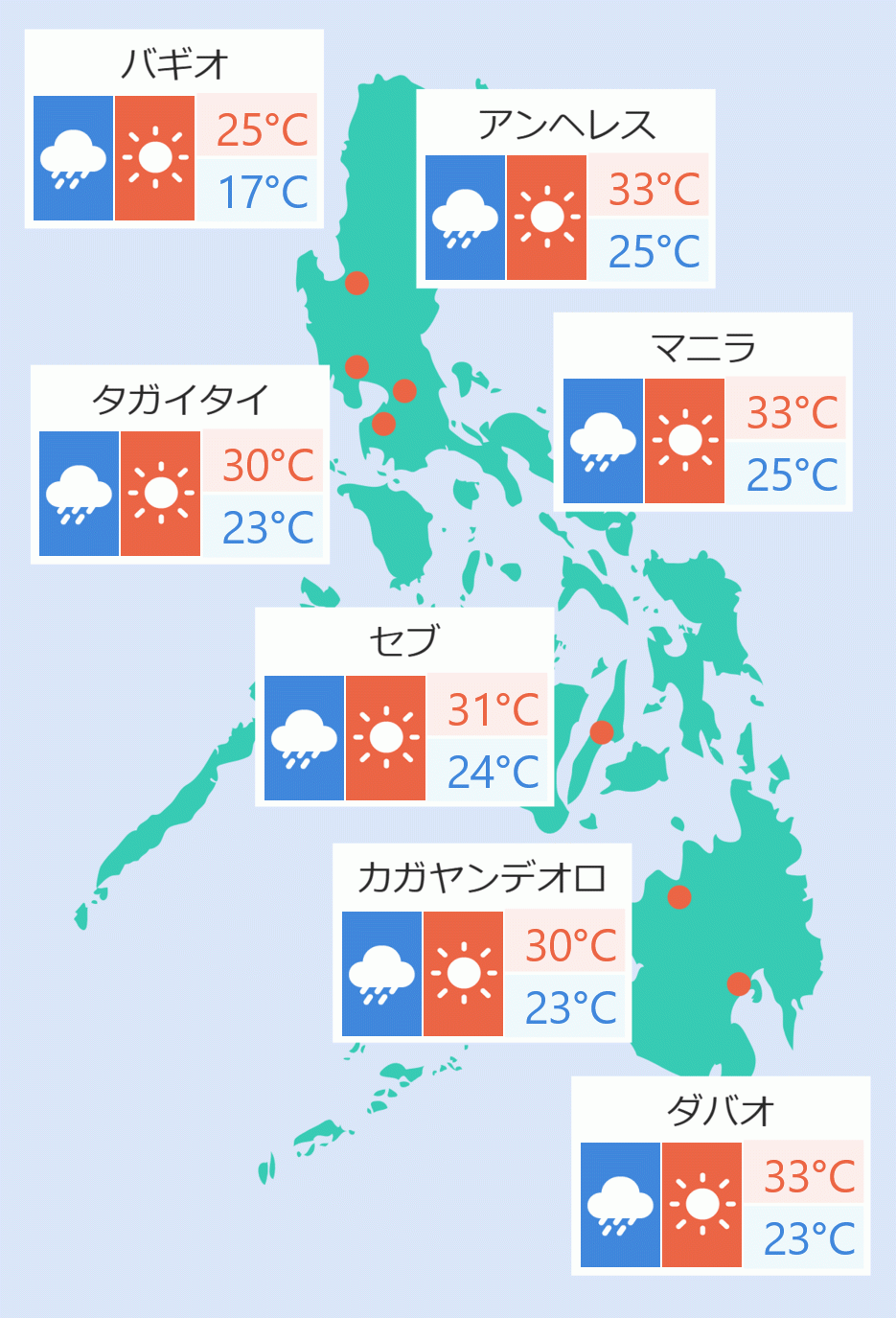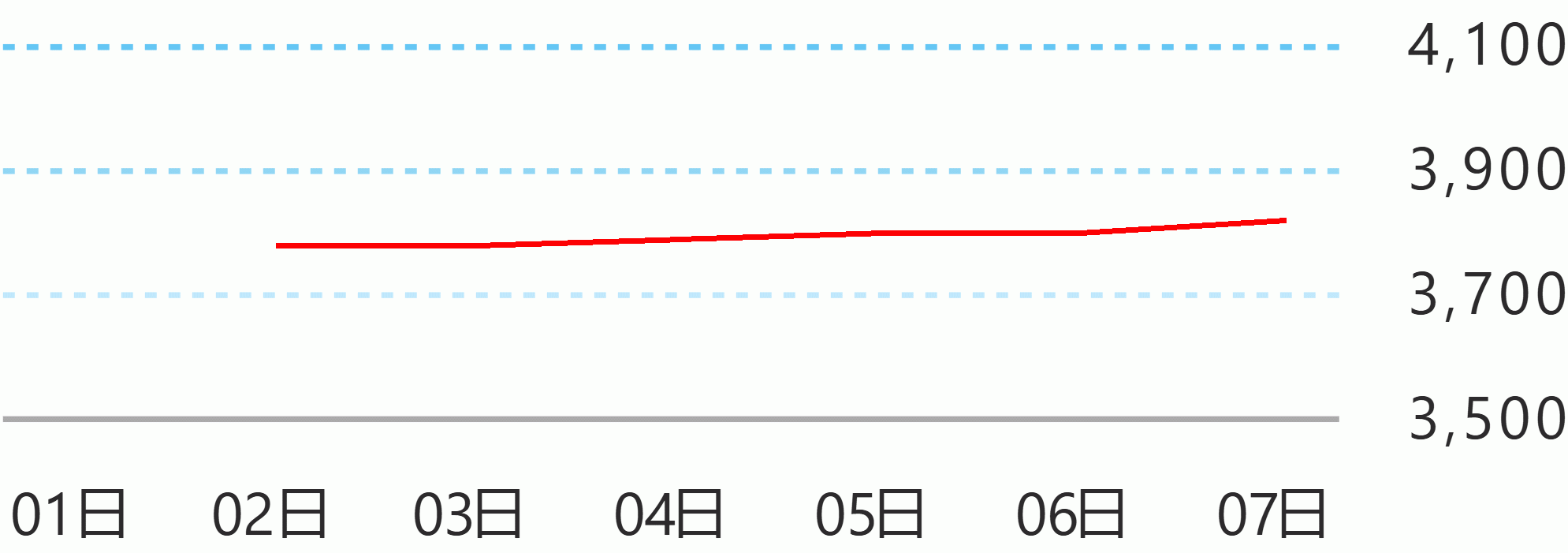President Ferdinand Marcos Jr. said he made agriculture his highest priority as he emphasized the need to import pork and chicken products to balance supply and demand.
"When it comes to pork, we cannot control the ASF (African Swine Flu) for various reasons. So we still have to import a lot of pork products. But on the broiler side, the chicken production, broiler production, we will also still have to import because we had a problem with the feed," Marcos said in a press conference after a cabinet meeting on Tuesday.
That is why this is really the reason, if you look at it, our production is not sufficient in palay. It’s not sufficient in corn, it’s not sufficient in livestock, it’s not sufficient in fisheries. That is why I made agriculture the single highest priority of everything that we are doing," he said.
"You cannot build a strong economy unless you have a foundation of a robust, robust agricultural sector, which assures food supply even in emergencies. And that’s what we’re working towards. Those are the long term," he added.
Marcos said the short term plan is to increase production for the rest of the year.
"Let's try to catch up with the last planting for this year. They will harvest soon… They will harvest towards the end of the year, they will mill soon after that. So maybe we were able to address the food supply problem with that. But still those are short term, those are short-term solutions," he said.
"We need long-term solutions. Solutions that can take care of this problem. We take care… We no longer take care of the symptoms, we take care of the disease. And that’s what we are trying to do in agri. We have a ways to go," he added.
Marcos said the Department of Agriculture is targeting to boost production in the next remaining months of the year as he "prefers to import as little as possible."
"As a matter of fact, we are going to try… I think we will do it in the Department of Agriculture to boost production of rice and corn in the coming two quarters, until Christmas, until after Christmas. Again, because there are several reasons for that. The reasons are because we prefer not to import," he said.
"We would prefer to import as little as possible. So we should increase our own production of rice and corn. Corn especially became very important because the feed, wheat that we were importing, our supply was cut off, we had to substitute it with corn," he added.
Marcos said "this season, the corn growers were able to come together and provide sufficient feed for the broiler production."
"But we still have to increase production of corn to ensure that supply because there’s also, there’s corn for food and there’s corn for feed. So if we are able to increase production sufficiently, then hopefully the importation… We really do not… It’s not really an import substitution measure," he said.
"It is a strategic food supply measure. But of course, if there is import substitution, that’s not necessarily a bad thing. So that’s the plan," he added. Robina Asido/DMS





 English
English









